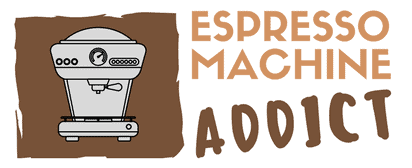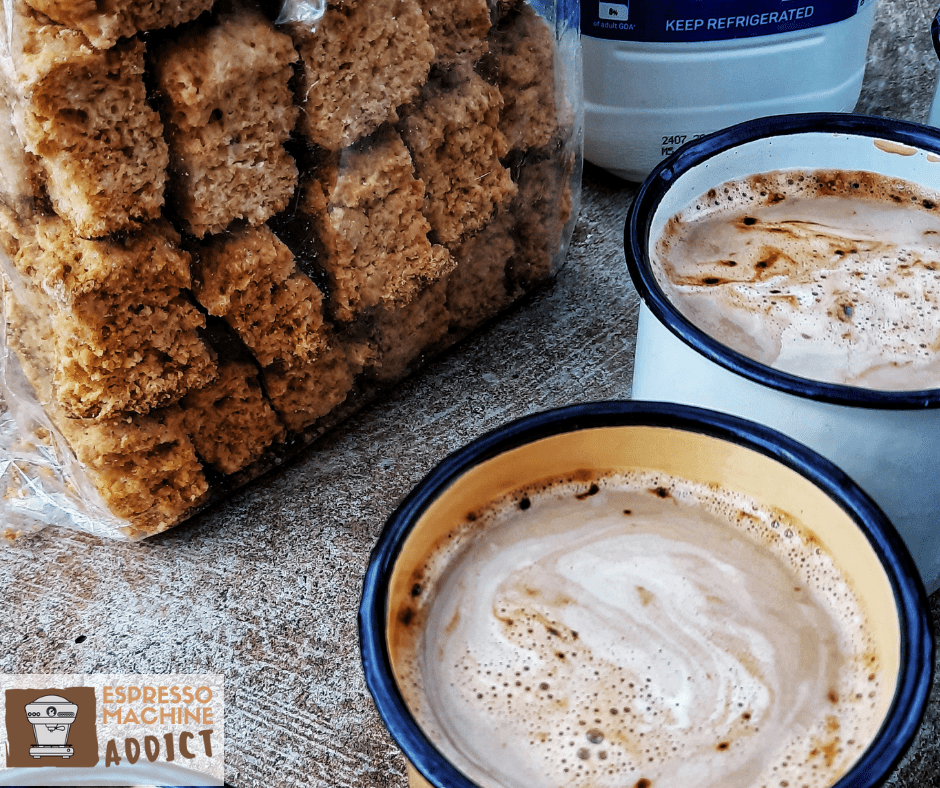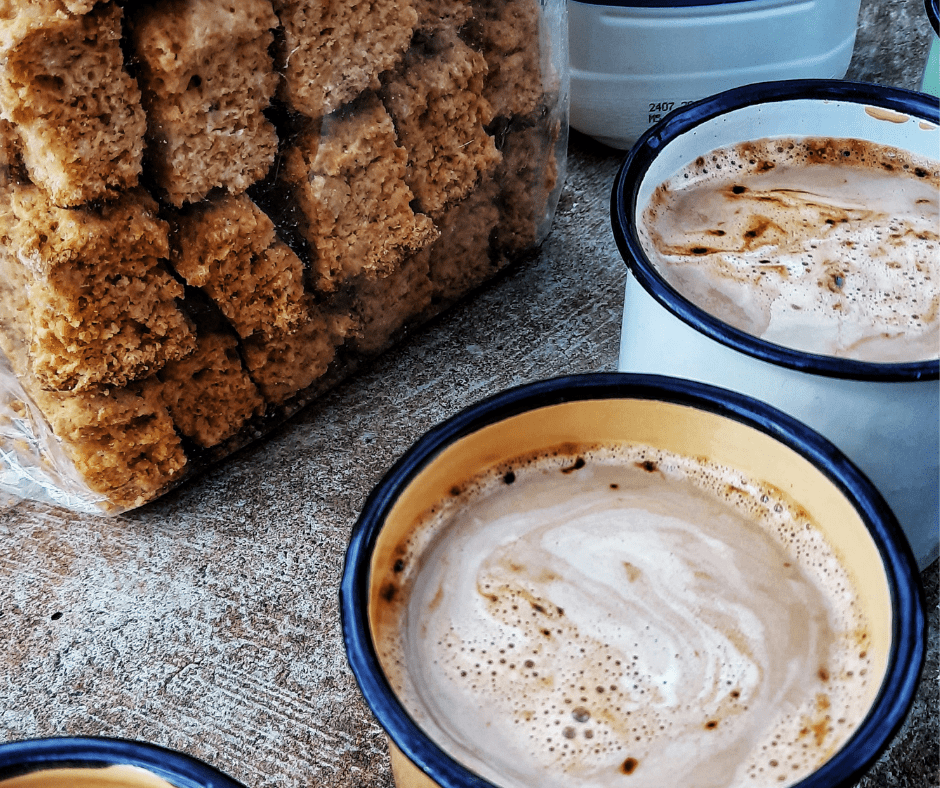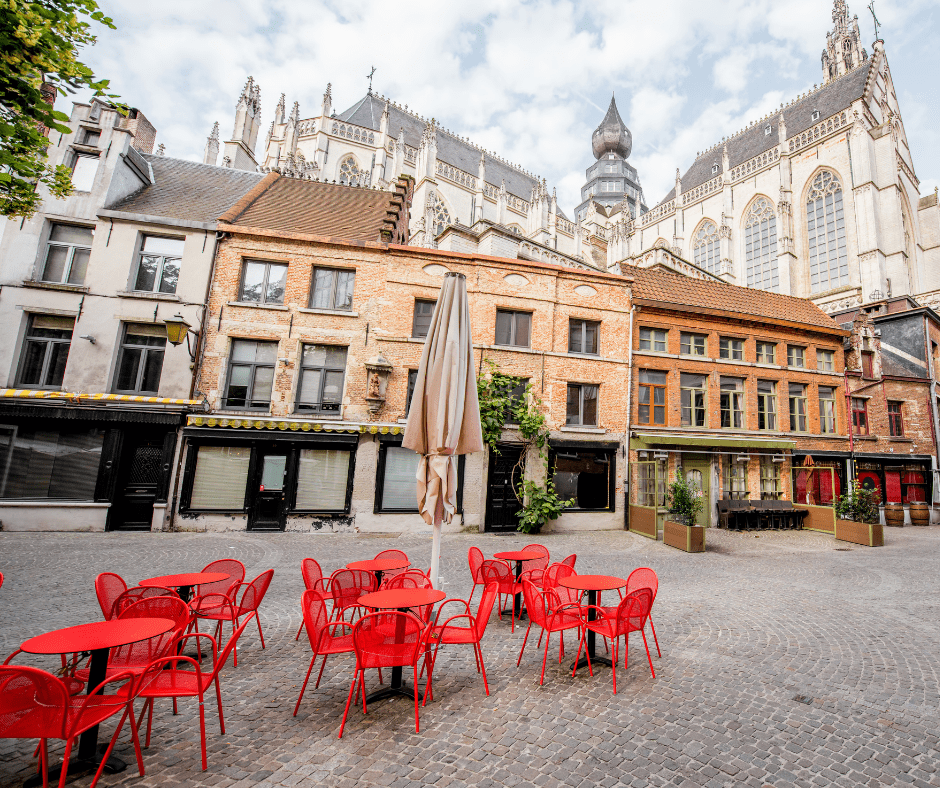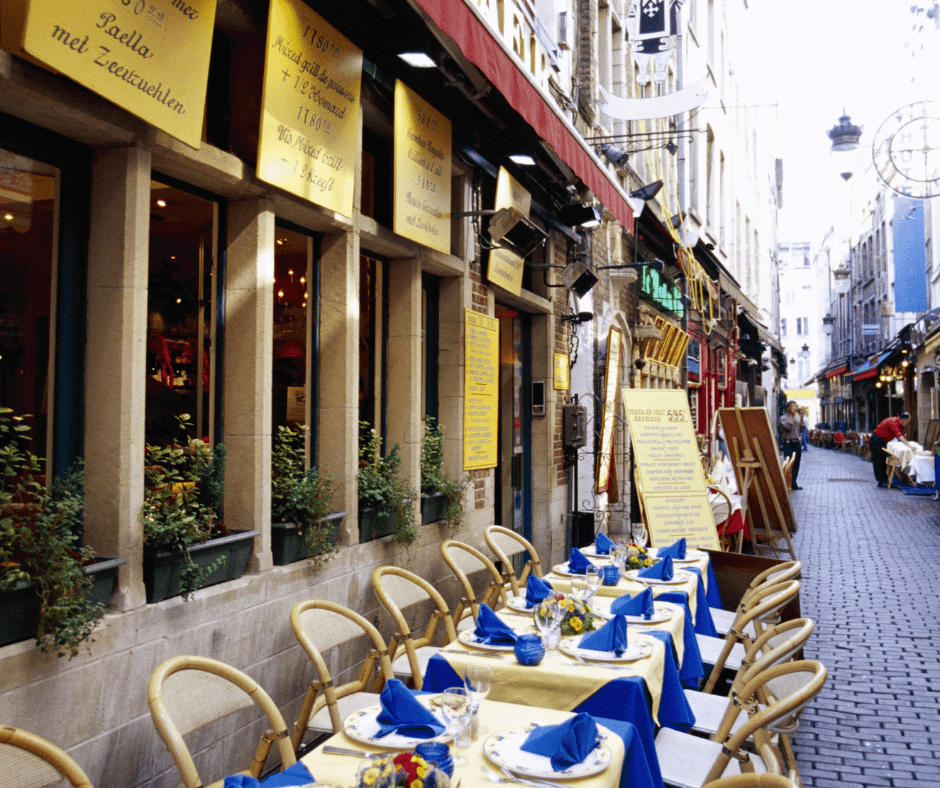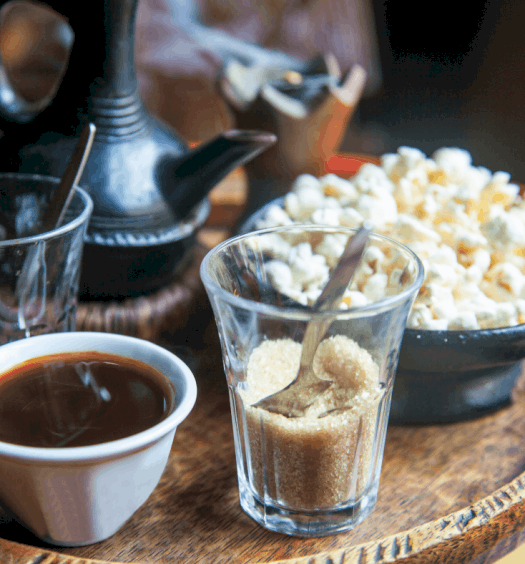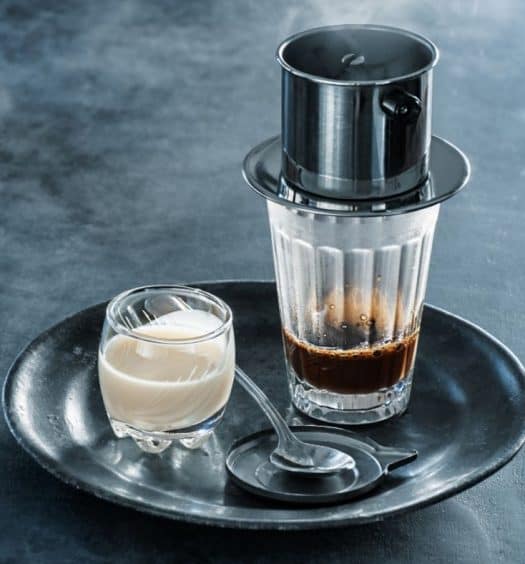When people think of coffee culture, Belgium isn’t likely to be the first country on their list. However, the coffee culture in Belgium is incredibly strong. The country embraced single-serve coffee brewing far earlier than most other nations. Plus, it’s seen a surge in artisanal small-batch roasters, making exceptional flavors the norm, not the exception.
Coffee isn’t something Belgians simply use to boost energy; it’s part of a larger experience deeply rooted in Belgian café culture. If you’d like to learn more about coffee culture in Belgium, here’s everything you need to know.
Background
Belgium has a rich history of coffee culture, dating back to the 17th century. The country’s strategic location in Europe made it an important hub for coffee trade, with its ports, particularly Antwerp, playing a significant role in the import and export of coffee. Over time, coffee became an integral part of Belgian daily life, with coffee houses and cafes sprouting up in cities and towns across the country. These establishments quickly became social hubs where people gathered to discuss news, politics, and daily events over a steaming cup of coffee.
Today, Belgium is renowned for its vibrant coffee culture. The country boasts a wide range of coffee roasters, cafes, and coffee shops, each offering a diverse selection of coffee blends and brewing methods. From the bustling streets of Brussels to the quaint towns of Flanders, the aroma of freshly brewed coffee is a common and comforting presence. Whether you prefer a robust espresso or a smooth filter coffee, Belgium’s coffee scene has something to satisfy every palate.
Coffee Culture in Belgium
Coffee has a long history in Belgium. It’s such a prevalent part of the culture that a formal coffee-roasting association – the Belgian Union of Coffee Roasters – was founded back in 1943. The Belgian market has also become a growing hub for certified and specialty coffees, with consumer trends favoring sustainability and high-quality products. Additionally, the largest store of green coffee in the world is in Antwerp, housing a stunning 250,000 tons of beans.
Additionally, Belgium has long been ahead of the curve when it came to coffee making. The individual coffee filter was present at the Brussels World Fair in 1958, ensuring coffee drinkers could make a perfect cup as needed. Traditional coffee beverages with Belgian roots, such as the Cafe Liégeois, reflect the country’s rich coffee heritage. It’s remained popular there ever since, far ahead of the invention of the single-cup options – like Keurig and Nespresso – that are widely available today. In fact, it’s the preferred approach at home for many Belgians.
Coffee culture in Belgium has been expanding in recent years, too. With the rise of large coffee chains worldwide, café culture has been on the rise nearly everywhere, including in Belgium. However, many of the chains get little traction in Belgium, mainly because of the quality you can get by heading elsewhere. As a result, tracking down a Starbucks or Costa Coffee in Belgium isn’t as easy as you’d expect. The cultural and experiential aspects of drinking good coffee are highly valued, enhancing social interactions and creative thinking in Belgian café society.
The emergence of this broader coffee culture led to an increase in micro-roasters creating unique Belgian coffee roasts and flavors. Local roasters aim to create the ideal flavor profile with every small batch, leading to a high-quality experience you won’t find with larger roasters or at chain cafés.
French culture in Belgium also played a role in the café scene. Lingering is often encouraged, ensuring a cup of coffee or espresso drink can be savored instead of gulped down. However, coffee isn’t inherently a somber occasion. Instead, it’s also a time for active discourse, lively chats, and engaging with loved ones and new friends alike.
Coffee also isn’t just a beverage in Belgium. It isn’t uncommon to find it featured in unique gourmet recipes, elevating the flavors of hearty fish dishes, seasonal vegetable sides, and delicate desserts.
The Royal Belgian Coffee Maker
Generally speaking, Belgians favor classic coffee drinks. However, an intriguing coffee machine is commonly associated with the nation that delights nearly anyone who sees it: the royal Belgian coffee maker.
The royal Belgian coffee maker is a balancing brewer that’s also a kind of coffee siphon. The look of the contraption is part laboratory equipment and part steampunk masterpiece. It features side-by-side chambers, a heat source (not unlike an oil lamp), curved piping, and spring-loaded lids.
Coffee sits in a glass chamber while the water goes in a metal container on a weighted arm that’s positioned above the heat source. When the water boils, it courses through a slim tube, heading to the chamber with the grounds. As the water supply dwindles, the arm rises, extinguishing the heat. Once the heat leaves, coffee is drawn back out of the glass chamber, leaving a delicious cup in the metal one that’s waiting to be served.
Overall, it can take time to hone your royal Belgian coffee maker skills. Trial and error usually help brewers determine how much coffee to use. However, since the temperature isn’t highly controllable, there’s always some variance in the results. Still, it turns making coffee into a fun show, potentially making all of the effort worthwhile.
How to Order Coffee in Belgium
In most cases, ordering coffee in Belgium is incredibly straightforward. If you’re in a café, you’ll often find the classics are available, including drip coffee, espresso, and many espresso drinks.
Often, the only hurdle most visitors may encounter is that menu items may favor French when it comes to their names and descriptions. However, much of the terminology remains the same across Italian, English, and French, so it isn’t usually hard to decipher.
Precisely how you order may vary depending on the café. Sit-down and counter-based versions are both present in Belgium. If you aren’t sure which you’ve entered, look around and take cues from others, as observing locals is often the easiest way to determine which approach applies.
With regular black coffee or espresso, don’t be surprised if you aren’t asked how you like your coffee when ordering. It isn’t uncommon for your cup to be accompanied by a small tray of potential additions, including cream, sugar, and more. In many Belgian cafes, you might also find whipped cream as an indulgent topping for various coffee drinks, adding a rich and decadent touch to your coffee experience. That allows every person to customize their coffee based on their preferences, making the experience highly personal.
Coffee Ordering Mistakes in Belgium
In most cases, coffee ordering mistakes in Belgium are hardly catastrophic. As long as you are polite and adhere to basic etiquette, you aren’t going to be tossed out of your local café for a slight misstep.
However, that doesn’t mean there aren’t a few things to keep in mind. Being mindful of Belgian coffee culture makes it easier to act as the locals do, ensuring you aren’t getting any odd looks for unconventional behavior.
Whether you’re ordering coffee in Brussels or any other city, the closest thing to a faux pas you can often make is requesting coffee alongside a meal. Unlike many western nations where coffee comes with refills and is readily poured from a carafe that’s been sitting on a heating pad, coffee is more of an experience in Belgium. As it is in France, while the server may ultimately bring you a cup, don’t be surprised if they give you a strange look along the way.
Otherwise, rushing is the only other misstep people make when ordering coffee in Belgium. Generally speaking, coffee isn’t something you take to-go and run around with, sipping on it without giving it a second thought. Instead, coffee is meant to be an experience when you’re out and about, so sit back, be patient, and enjoy your time in the café.
The Belgian Coffee Industry
The Belgian coffee industry is a significant sector, characterized by a mix of large and small players. With over 120 coffee roasters operating across the country, many of which are family-owned businesses and micro roasters, Belgium’s coffee heritage is rich and diverse. These roasters are dedicated to creating unique and high-quality coffee blends, often sourcing beans from the finest coffee-growing regions around the world.
The industry is supported by a network of coffee-related businesses, including coffee machine manufacturers, coffee cup suppliers, and coffee equipment distributors. This ecosystem ensures that Belgian coffee lovers have access to the best tools and accessories to enhance their coffee-drinking experience. The Belgian Union of Coffee Roasters plays a crucial role in maintaining the standards and promoting the interests of the industry, ensuring that Belgium remains a key player in the global coffee market.
Belgian Coffee Brands
If you want to enjoy a bit of Belgian coffee culture at home, you can. Many Belgian coffee brands are available internationally, allowing anyone to enjoy the amazing flavors regardless of where they live.
One outstanding option is Belgian Blenders. The company is specifically focused on bringing Belgian coffee to the world, so it’s highly accessible.
Koffies De Draak is another exceptional example of Belgian coffee, along with Cafes Grande Duc, Style Coffee, and Café St. Médard. However, not all Belgian coffee roasters sell their products online, so some are harder to track down outside of Belgium than others. Another option is Douwe Egberts, although Dutch, is quite popular in Belgium.
Trends and Future Outlook
The Belgian coffee market is expected to continue growing in the coming years, driven by increasing demand for specialty coffee and sustainable coffee practices. Consumers are becoming more aware of the environmental and social impact of their coffee purchases, and many are seeking out coffee that is certified as sustainable and fair trade. This shift towards ethical consumption is influencing the offerings of many coffee roasters and cafes, who are prioritizing transparency and sustainability in their operations.
The rise of coffee pods and single-serve coffee machines is also expected to continue, with many consumers opting for the convenience and flexibility of these brewing methods. However, there is also a growing trend towards traditional coffee brewing methods, such as pour-over and French press, as consumers seek out more authentic and flavorful coffee experiences. This blend of modern convenience and traditional craftsmanship is shaping the future of the Belgian coffee market, ensuring that there is something for every coffee enthusiast.
Conclusion
In conclusion, Belgium’s coffee culture is a unique and valuable part of the country’s heritage. From its rich history to its vibrant coffee industry, Belgium is a coffee lover’s paradise. Whether you’re a coffee connoisseur or just looking for a great cup of coffee, Belgium has something to offer. With its wide range of coffee blends, brewing methods, and cozy cafes, Belgium is the perfect destination for anyone who loves coffee. So, the next time you find yourself in Belgium, be sure to take the time to explore its coffee culture and savor the flavors that make it so special.
Travel with us as we explore coffee culture in Canada and Norway.
